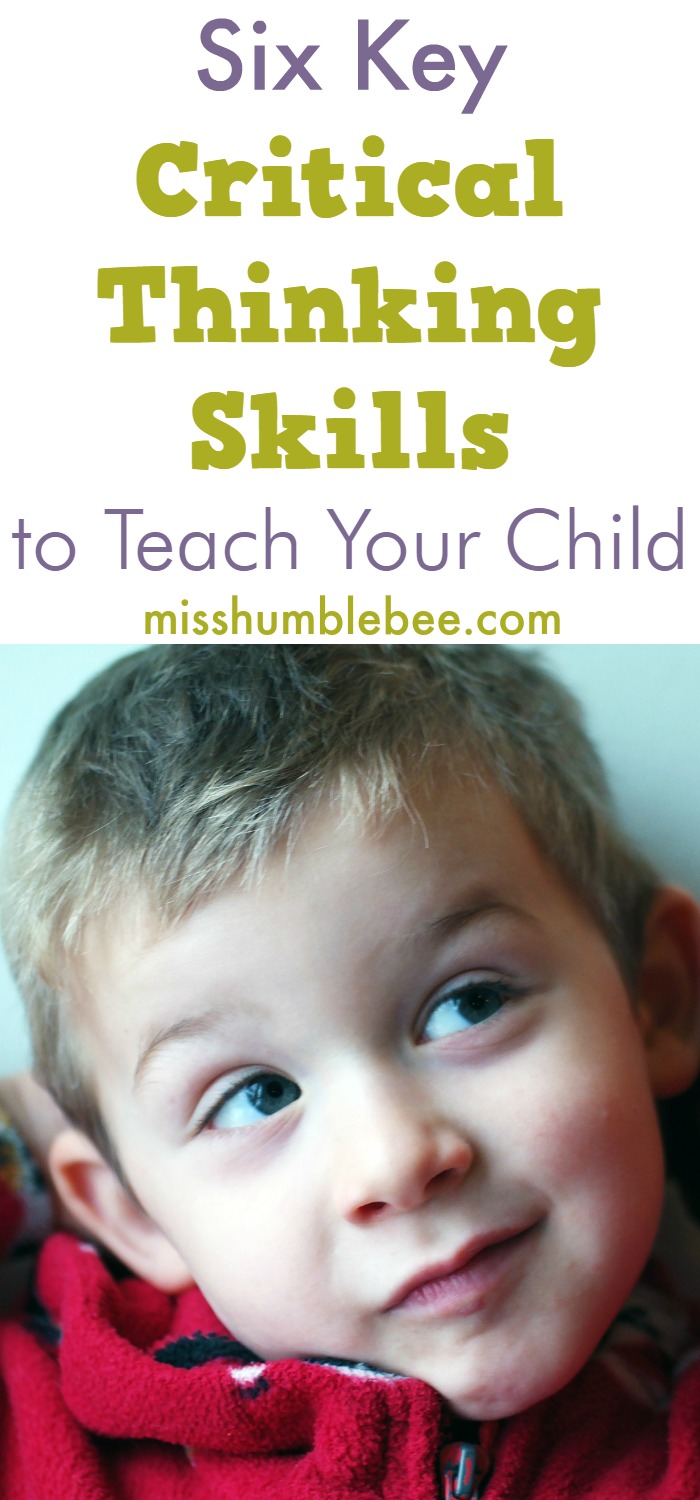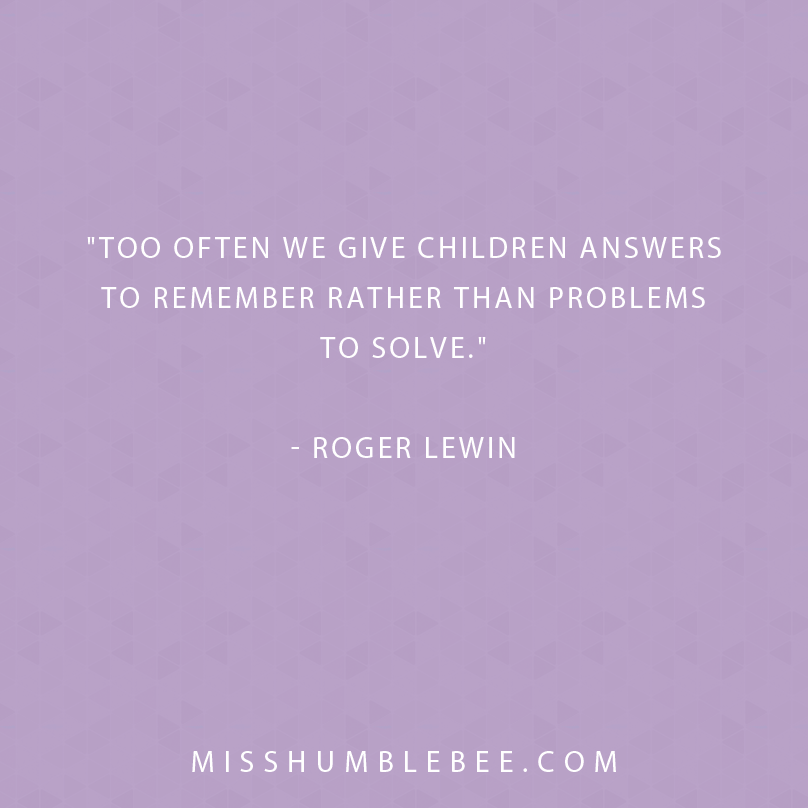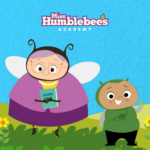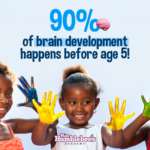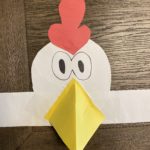This week’s Topic for Monday is centered on critical thinking skills.
- What is Critical Thinking?
- Why should our children be able to think critically?
- What Critical Thinking skills should you teach your child now?
Six Key Critical Thinking Skills to Teach Your Child
What is Critical Thinking?
Critical Thinking has been a hot topic in education since 1948 when Benjamin Bloom took the lead in developing “the goals of the educational process,” including knowledge, comprehension, application, analysis, synthesis and evaluation.
The definition of critical thinking has changed somewhat over the past decade and will probably continue to change, but one thing will remain constant – the need to provide effective solutions to complex problems.
Why should children be able to think critically?
Having the ability to think is an essential skill. Critical Thinking helps students to solve problems by looking at an issue from several standpoints before finally reaching a decision. Regardless of how the information is presented (whether from books, media, friends, parents and/or strangers), students can draw their own conclusions based on their own beliefs, not beliefs of others. With strong Critical Thinking skills, children will be less than likely to succumb to peer pressure.
What Critical Thinking skills should you teach your child now?
Critical Thinking skills are essential in order for children (and adults) to be able to problem solve. Teach children to seek out answers instead of just accepting what has been told to them as facts. Let’s take a look at the books The Three Little Pigs and The True story of the Three Little Pigs and ask Critical Thinking questions.
- Knowledge
- Describe the: who, what, when, where, why and how of the story.
- Comprehension
- Retell the story in the child’s own words.
- What happened in each of the stories?
- Application
- Before reading the story The True Story of the Three Little Pigs, ask the children to predict what they think will happen in the story?
- Ask them why they made their predictions?
- Which clues are they using to come up with their predictions?
- Analysis
- What are the differences between the two stories?
- What are the similarities between the two stories?
- Synthesis
- How would you tell the story from the Grandmother’s point of view?
- What would happen if you changed the wolf to a sheep? Would the pigs open their doors? Why?
- Evaluation
- What else could the wolf had done instead of eating the pigs?
- Which story do you believe and why?
- Do you think there might be another version?
